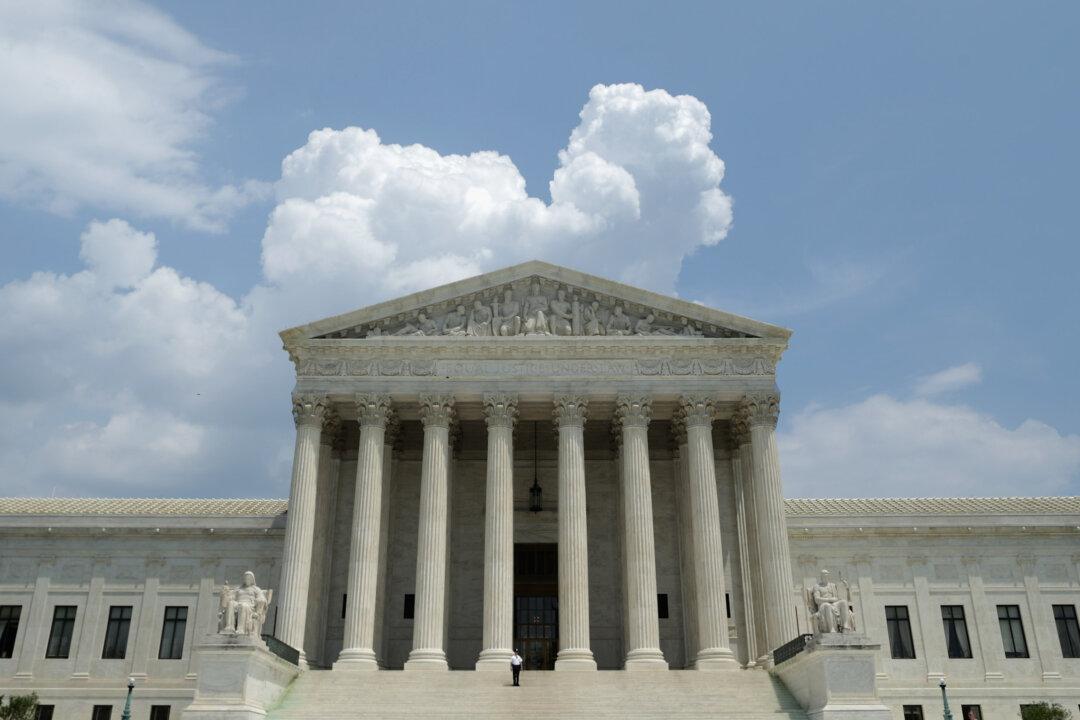A Maine church is asking the Supreme Court to put Maine Gov. Janet Mills’s strict pandemic-related restrictions on places of worship on hold while it appeals an unfavorable ruling from a lower court, arguing the high court has already forced some lower courts to comply with its recent rulings loosening such restrictions.
The emergency application in the case, known as Calvary Chapel of Bangor v. Mills, asks the high court to stop the Democratic governor’s clampdown on churches, which the church’s lawyers describe as “the most severe restrictions in the nation on places of worship,” and would deal with a Dec. 22, 2020, ruling against the church by the U.S. Court of Appeals for the 1st Circuit.





